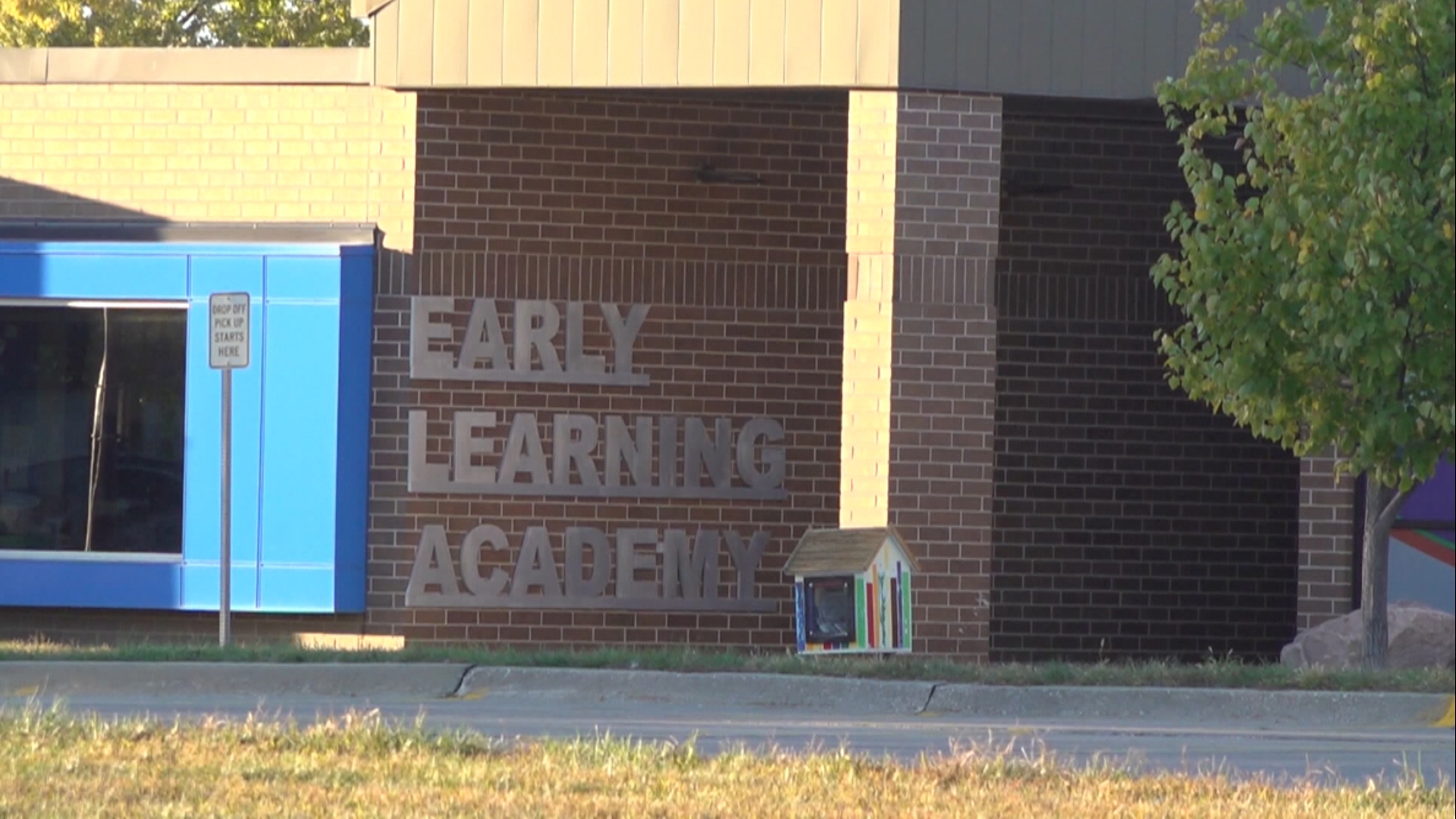DES MOINES, Iowa — Schools in Iowa will now have a new process when it comes to addressing chronic absenteeism for students.
This new process comes from a law passed in the 2024 legislative session that hopes to hold students accountable.
According to a study by the Annie E. Casey Foundation, around 25% of Iowa students are chronically absent.
"Going into last session, House Republicans saw a major issue at some of our largest school districts, where we had chronic absenteeism rates of upwards of 40% in some districts," said Rep. Taylor Collins, R-Des Moines County.
In the past years, schools referred absenteeism cases directly to their county attorney.
However, now there is a three-tier process before it reaches that point.
Once a student misses over 10% of a quarter, they are considered chronically absent. This sends a letter of notice to the parents and the county attorney's office.
The next step is what the law added in; if a student has been absent for 15% of the grading period, then they'll have to meet with their parents and the school district to find a solution.
"These school districts want to help, but oftentimes they need to have that conversation with those students and parents and figure out what's going on and why they're missing class time," Collins said.
If the student's absenteeism reaches 20% for the grading period, that's when the county attorney's office steps in.
The Polk County Attorney's Office weighed in on this new law saying, "chronic absenteeism is not a school problem."
"This is a community problem and public schools struggle with increasingly limited resources to help these families," said Lynn Hicks, chief of staff at the Polk County Attorney's Office.
For districts in Polk County, Hicks said, "We have made arrangements for schools to notify us when a child reaches the 10% absenteeism threshold and refer cases to us at the 15% threshold, as the new law requires. The same exemptions apply (i.e. medical excuse, religious excuse) that always have."
It is up to the school district's board of directors to determine what is deemed an excused absence and an unexcused absence.
The overall common theme across the board is that people want students in the classrooms.
"We want districts being involved," Collins said. "We want districts getting involved with parents and making sure that they're showing up being successful."
Each district could be different on when students could reach the chronic absenteeism threshold because districts differ on the amount of time spent each quarter.

